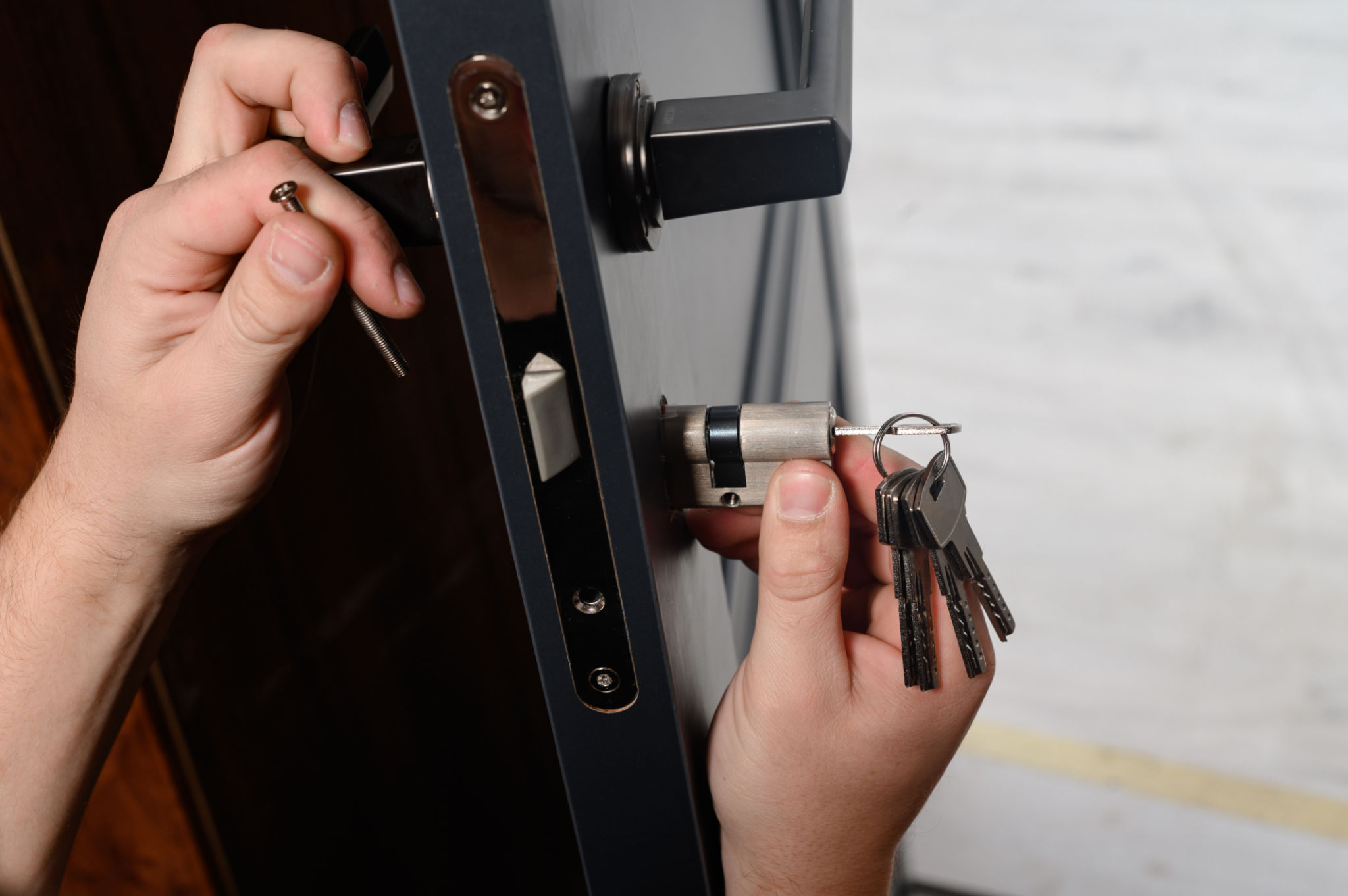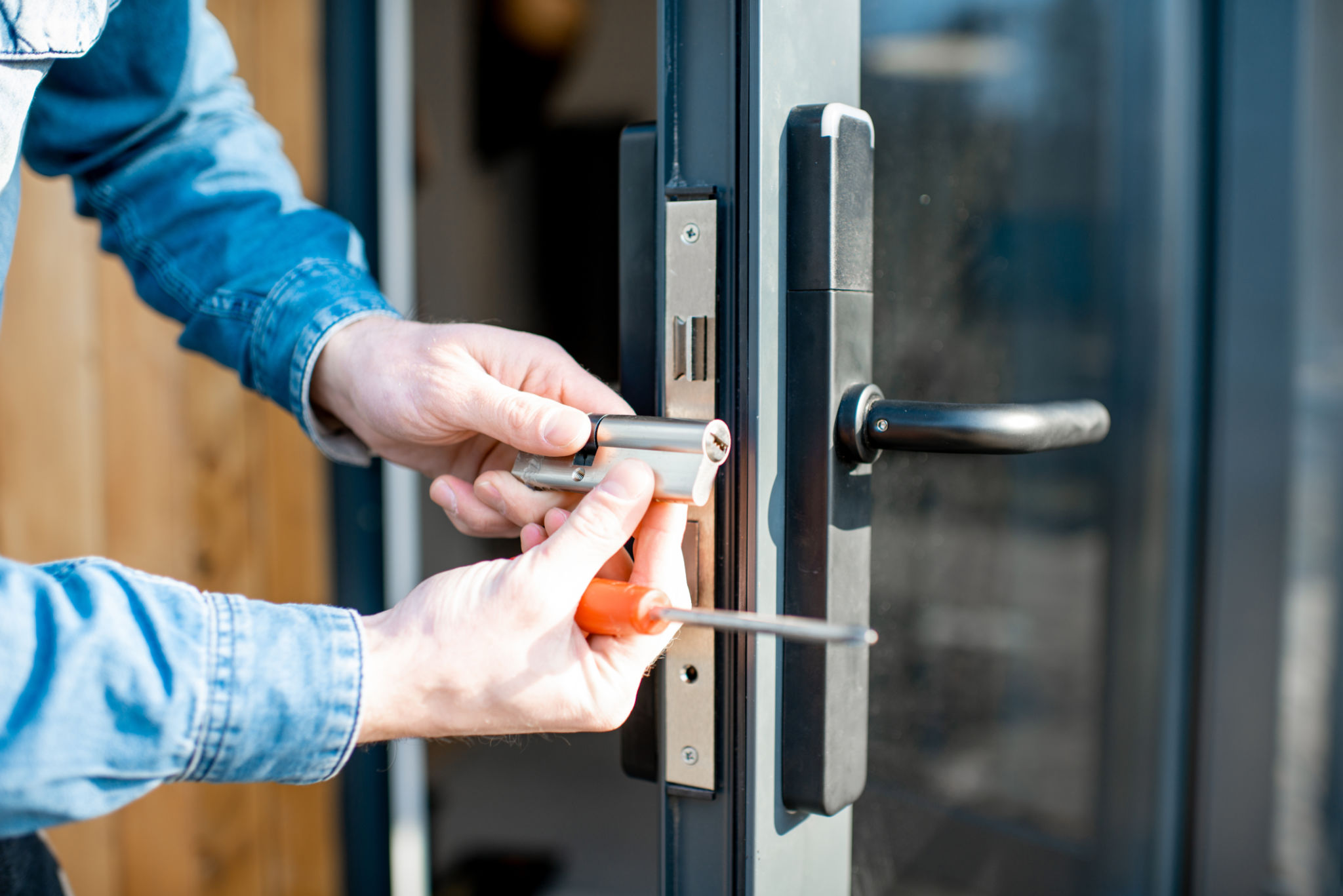DIY Lock Maintenance: How to Ensure Your Locks Stay Functional
Understanding the Importance of Lock Maintenance
Locks are crucial for ensuring the security of your home or business. Regular maintenance not only keeps them functional but also extends their lifespan. By incorporating simple DIY techniques, you can avoid costly replacements and ensure that your locks remain in top condition.
Many people overlook lock maintenance until they encounter a problem. However, proactive care can prevent issues such as stiffness, jamming, or complete lock failure. Let's explore some effective methods to maintain your locks efficiently.

Regular Cleaning
Dirt and grime can accumulate inside locks, causing them to function improperly. To clean your locks, use a soft cloth to wipe the exterior surfaces. For the interior, apply a small amount of graphite powder or a silicone-based lubricant directly into the keyhole. Avoid using oil-based products as they can attract more dirt.
After applying the lubricant, insert the key and turn it several times to distribute the lubricant evenly. This process helps ensure smooth operation of the lock mechanism.
Inspect and Tighten Components
Regularly inspect your locks for any loose screws or components. Over time, screws can become loose due to frequent use or environmental factors. Use a screwdriver to tighten any loose screws, ensuring that the lock is securely fitted to the door or frame.
If you notice any damaged or worn parts during your inspection, consider replacing them promptly to prevent further issues.

Test Locks Periodically
Periodically test each lock in your home or business to ensure they operate smoothly. Insert the key and turn it several times to check for any stiffness or resistance. If you encounter any issues, address them immediately to prevent them from worsening.
Also, check that the door latches properly without forcing it shut. Misalignment can cause unnecessary stress on the lock mechanism, leading to premature wear.
Rekeying and Professional Assistance
If you notice persistent issues with your locks despite regular maintenance, it may be time to consider rekeying. Rekeying involves changing the internal components of a lock so that it functions with a new key. This process is often more cost-effective than replacing the entire lock.

For complex issues or if you're unsure about performing certain maintenance tasks yourself, it's advisable to seek professional assistance. A qualified locksmith can provide expert advice and services to ensure your locks remain secure and functional.
Conclusion
Maintaining your locks is a straightforward process that can save you time and money in the long run. By regularly cleaning, inspecting, and testing your locks, you can ensure they remain in optimal condition. Remember, when in doubt, consult a professional locksmith for advice.
Investing a little effort in DIY lock maintenance today can provide peace of mind and security for years to come. Keep your property safe by making lock maintenance a routine part of your home care schedule.
